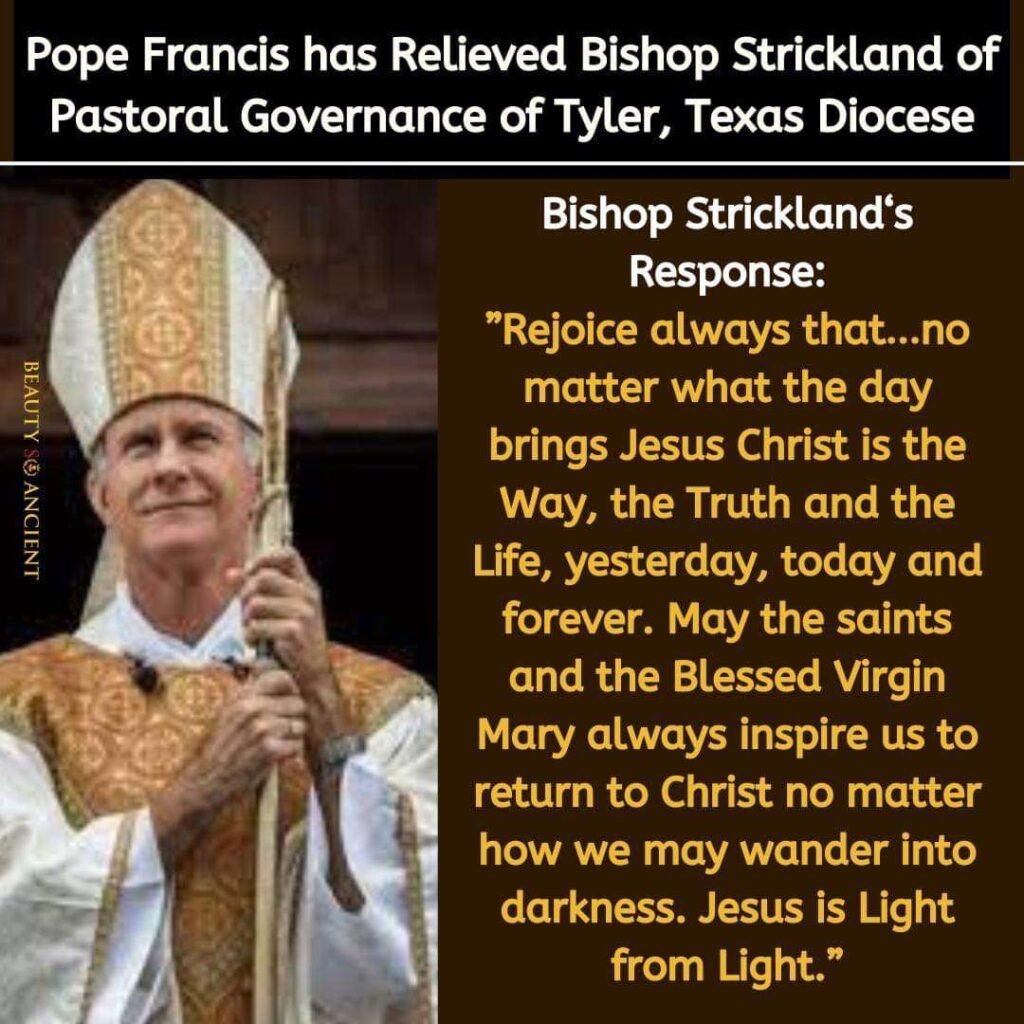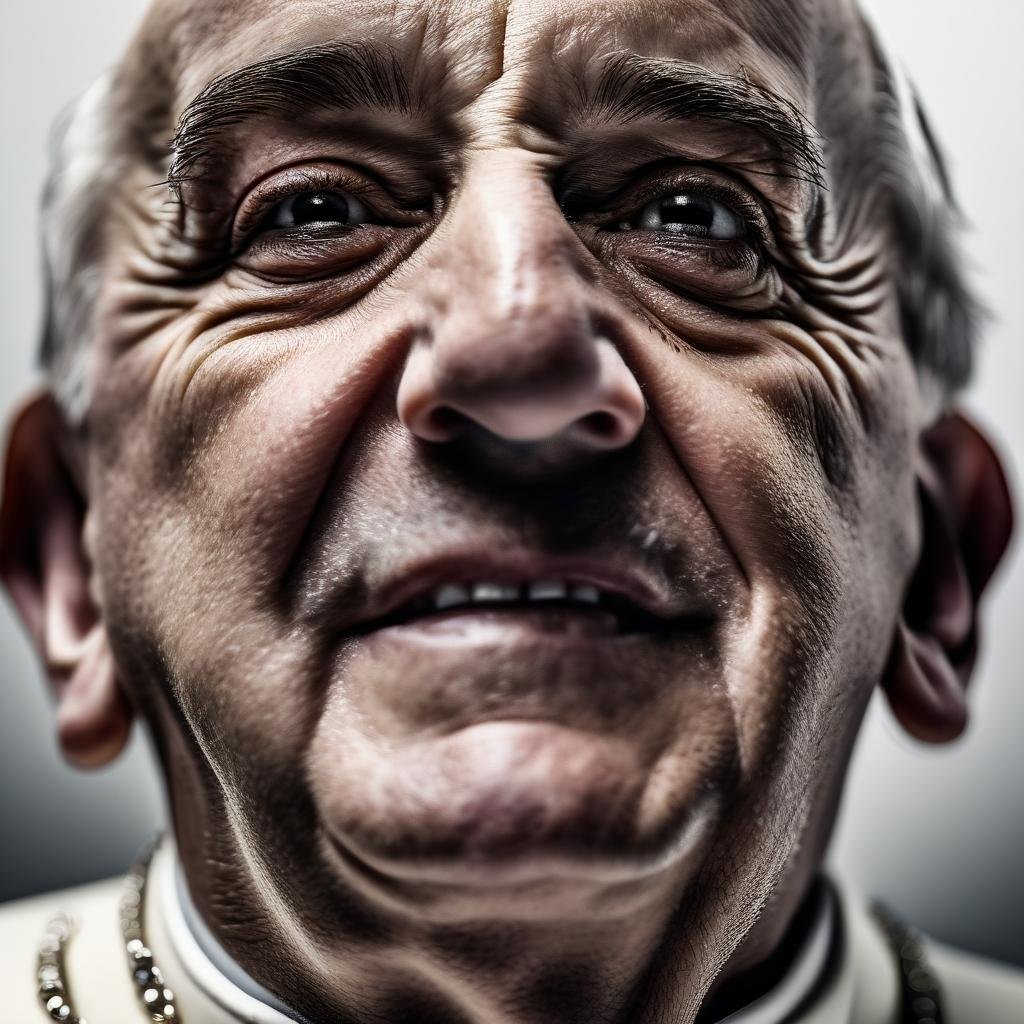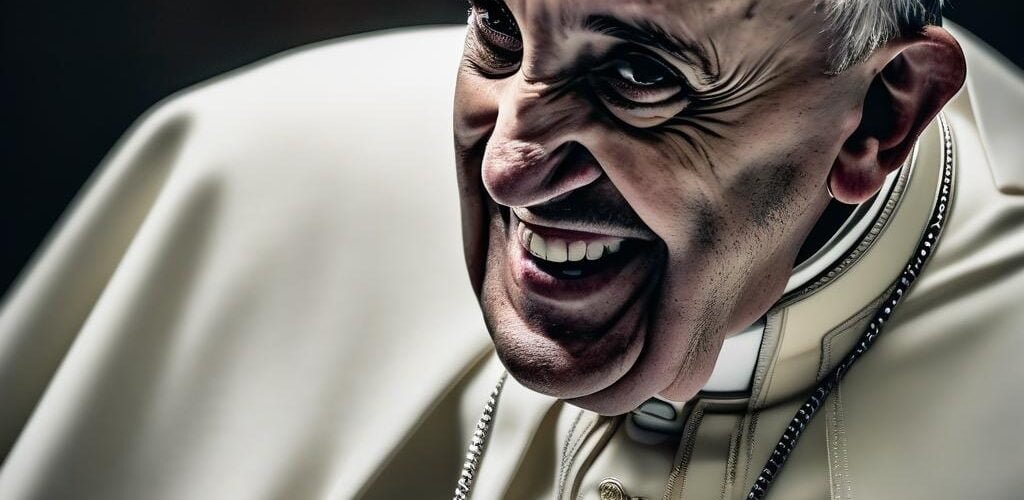In a significant move yesterday, Pope Francis has taken the decision to remove Bishop Joseph Strictland from his position in Texas. This decision comes as a response to the ongoing criticism that Bishop Strictland has directed towards Pope Francis.
Bishop Strickland
Bishop Joseph Strickland was appointed by the late Pope Benedict XVI, he’s been a strong advocate of traditional Catholic teachings, from his duties in the diocese of Tyler, Texas.
Since his appointment, Bishop Strickland has heavily and rightfully criticized the Pope’s attempts to “update” the Church’s position on social matters from inclusion, to inclusion on abortion, transgender rights and same-sex marriage.
His comments and actions have caused division within some corners of the Catholic community and for some have undermined the authority of the Holy See.
Earlier this year, the Vatican sent a team of investigators to look into his governance of the diocese, amid “reports” that priests and laypeople in Tyler, Texas had complained and that Strictland was making unorthodox claims, there was never any proof of that provided.
The Vatican asked Strickland to resign Thursday, but he declined, prompting Francis to remove him from office two days later, according to the head of the church in Texas, Cardinal Daniel DiNardo.
The Vatican did not release the findings of the investigation, and they more than likely won’t either. Strickland had insisted he wouldn’t resign voluntarily, and I don’t blame him. If it were me, I’d want to see the proof of their findings that would quantify my removal as Bishop.

Pope Francis
Pope Francis, allegedly known for his commitment to dialogue and unity, has been patient in dealing with the situation. However, after careful consideration and consultation with his investigators, he had decided that removing Bishop Strictland is necessary for the greater good of the Church.
The decision to remove a bishop is not taken lightly. It is a rare occurrence and is reserved for cases where there is a clear violation of the duties and responsibilities of a bishop. In this case, the ongoing criticism against Pope Francis has created a toxic environment within the diocese and has hindered the Church’s mission. Not sure how that’s possible when the mission should never be putting the papacy first, It should always be putting Jesus Christ first.
Extremely hypocritical to me when Pope Francis claims he’s consistently emphasized the importance of unity and collaboration within the Church. He has called for bishops to be servants of the Gospel and to work together in promoting the message of love, mercy, and justice. Bishop Strickland’s actions have been contrary to this vision, and his removal was a necessary step towards restoring harmony within the diocese, as his concernscchallenged the throne of the Church.
It is important to note that Pope Francis’ defenders will claim his decision to remove Bishop Strickland was s not a personal attack or an act of vengeance. Rather, it is a response to the ongoing criticism that Bishop Strickland had directed towards the Pope and his teachings. The Pope’s “primary concern” is the well-being of the well oiled machine of the Catholic Church and his faithful, and he believes that removing Bishop Strickland will contribute to that.

While the removal of a bishop may be seen as a drastic measure, it is a reminder that leadership within the Church comes with great authority. Bishops are called to be shepherds of their flock, guiding and nurturing the faith of the people entrusted to their care. When a bishop fails to fulfill this duty and instead becomes a source of division and dissent, it is the Pope’s duty to take appropriate action.
As Pope Francis continues to “lead” the Catholic Church with humility and compassion, it is hoped that this decision will serve as a reminder to all bishops of the importance of unity and respect for the Holy See, and that they shouldn’t cross or speak out against the papacy.
This papacy has been a dictatorship since day one and they have manipulated and silenced all critics to the best of their ability. There has never been any free speech truly permitted in the Catholic Church. The Catholic Church Church should be diverse with a vibrant community, yes, but because of the people in charge and the people who care only about money and power they’ve alienated many many people because of their own personal interests.
That rhetoric serves only them and nobody else, It would just be best if they preached the word of God which would best serve the people of God, isn’t that in their oath?

[…] a given Wednesday, the Vatican’s doctrinal office, known as the Dicastery of the Doctrine of the Faith, subtly gave voice to a […]